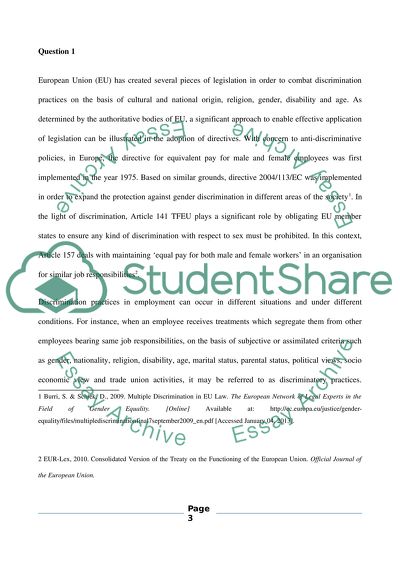Cite this document
(“European Union Law Essay Example | Topics and Well Written Essays - 2250 words - 2”, n.d.)
Retrieved from https://studentshare.org/law/1465855-european-union-law
Retrieved from https://studentshare.org/law/1465855-european-union-law
(European Union Law Essay Example | Topics and Well Written Essays - 2250 Words - 2)
https://studentshare.org/law/1465855-european-union-law.
https://studentshare.org/law/1465855-european-union-law.
“European Union Law Essay Example | Topics and Well Written Essays - 2250 Words - 2”, n.d. https://studentshare.org/law/1465855-european-union-law.


